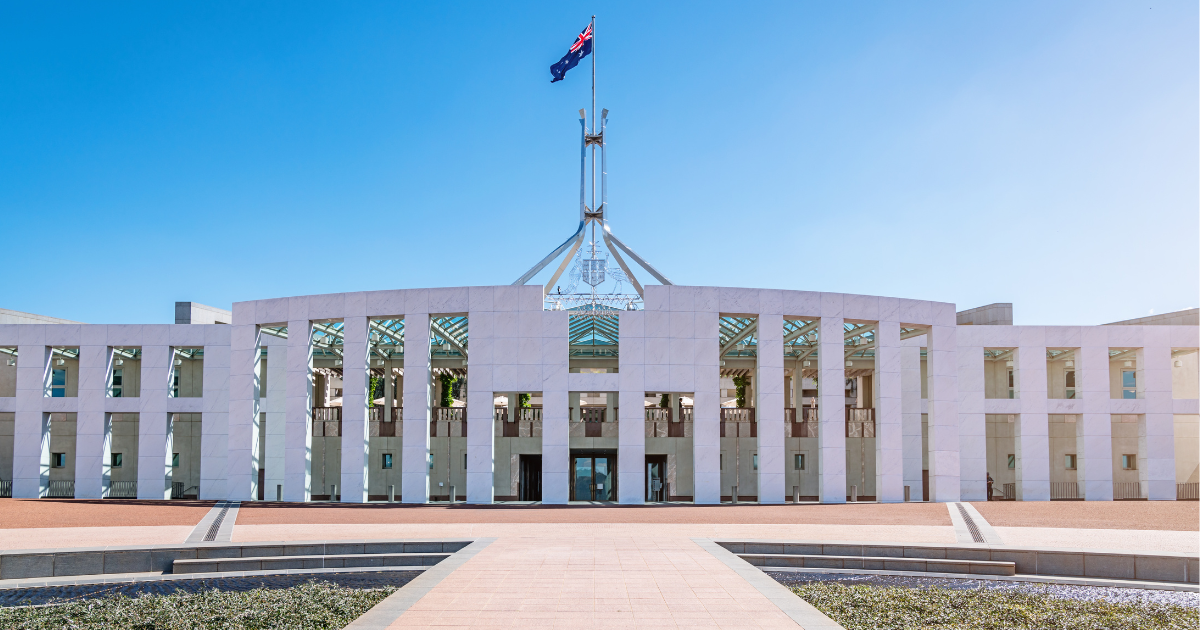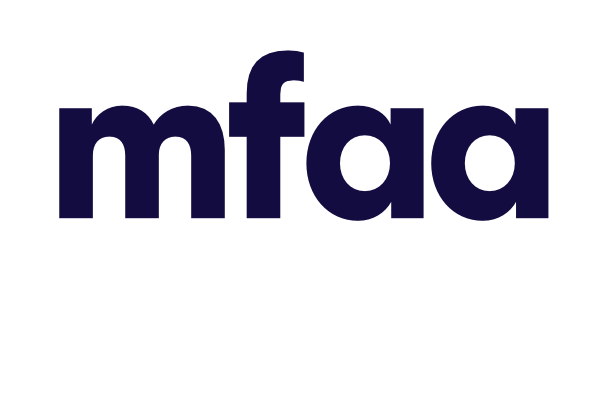

Today the Mortgage & Finance Association of Australia, Loan Market Group and the Commercial & Asset Finance Brokers Association of Australia appeared as witnesses before the NSW Parliamentary inquiry into NSW Payroll Tax, presenting the case for legislative change.
“The MFAA has been advocating for change for a number of years – this inquiry is a welcome step for our over 15,000 broker members nationally and close to 6,000 in NSW,” said MFAA CEO Anja Pannek.
“Significant ambiguities still exist with payroll tax, presenting a real threat to the viability of small broking businesses and the ability of NSW borrowers to access a competitive home loan.
“We know this is a key issue for brokers, not only just in New South Wales, but across the country, given laws are harmonised across most other states.” said Ms Pannek.
Sam White, Executive Chairman of Loan Market Group, also appeared at the inquiry, alongside CAFBA and the MFAA. He spoke to Loan Market Group’s experience through their recent court case and the challenges bought about by application of the law.
Mr White said the recent decision in Loan Market Group’s case against Revenue NSW had left the mortgage broking industry grappling with serious consequences.
“While we lost our case, the judge called the outcome ‘harsh’ and highlighted that the law’s complexity makes it difficult to apply fairly,” Mr White said in his opening statement to the inquiry.
Mr White said this complexity was compounded by limited regulatory guidance and “a burdensome, inconsistent approach to audits”.
Although the court had reduced Loan Market Group’s payroll tax liability by 65% compared to the original assessment, the broader uncertainty remained unresolved and was now landing squarely on small business brokers across Australia.
“I urge this committee to ensure the law’s scope is clarified, the drafting made clearer, and its administration applied fairly – to protect small businesses and the Australians they serve,” said Mr White.
CEO of CAFBA, David Bushby stressed the value in a united industry voice at the inquiry.
“Assessment of payroll tax on the activities of commercial and asset finance brokers, would directly undermine the ability for those brokers to assist small businesses get the finance they need to grow,” Mr Bushby said. “The potential for a detrimental impact on the economy is real.”
CAFBA represents around 1,000 individual commercial and asset finance brokers across Australia and 500 broking businesses.
In its submission to the inquiry, CAFBA called for “a critical evaluation of the payroll tax system was essential due to the lack of alignment with modern business practices.”
“The current system is overly intricate, financially cumbersome, and disproportionately affects sectors and contractual arrangements not originally addressed by the tax regulations,” CAFBA’s submission stated.
Ms Pannek, in the MFAA’s opening statement to the inquiry, said drafting of the relevant contractor provisions and the recent Loan Market court ruling incorrectly treated broking businesses as employees of aggregators.
“Aggregators provide services to brokers. Brokers are independent small businesses. Brokers do not work for aggregators,” said Ms Pannek.
“The industry is looking for clarity and change – we have seen this through the many submissions put forward to this inquiry from the mortgage broking industry, including Loan Market Group, CAFBA and other small industry bodies.
“The inquiry was an opportunity for the NSW government to show leadership, to step in and enact sensible change,” Ms Pannek said. “The MFAA is committed to working constructively with the NSW Government and Revenue NSW to seek certainty and clarity for the industry.”
Loan Market Group and CAFBA join the MFAA in calling for the four recommendations made by the MFAA to the Inquiry to be included. These are:
1. changing the Payroll Tax Act’s contractor provisions to reflect the original intent as anti-avoidance provisions, rather than capture bona fide contractors;
2. following this, requiring Revenue NSW to review CPN 016 in comprehensive consultation with the mortgage broking industry;
3. in the interim, providing immediate relief to the broking industry through an amnesty on audit and enforcement actions and ensuring no retrospective application of the current law; and
4. a national dialogue is commenced to seek true harmonisation of payroll tax laws, with a focus on reducing red tape and administrative burden on national businesses.
You can read the MFAA’s submission to the NSW Payroll Tax Inquiry here: Submissions – MFAA | Mortgage and Finance Association of Australia





You can sign up for free by creating an account. If you are new to the portal, select "Create an account" to register and gain access to a range of free and useful resources.
If you already have an account, simply log in. Once logged in, you can easily apply for membership. If you need assistance, call our support team on 1300 554 817 for assistance.